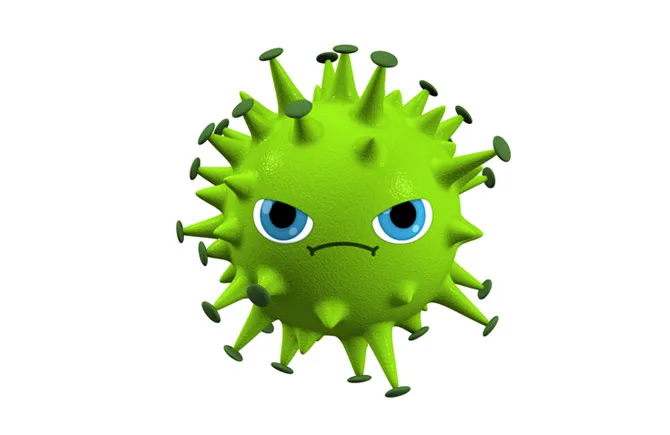Insulin is the hormone responsible for cells to capture blood glucose to produce energy;And consequently, and in case of deficit or absence of this hormone, the bloodstream ends up carrying an excess of glucose, or what is the same, the diabetes appears, either because the body is not able to produce insulin or because it does notYou can use it properly.
However, it is possible that this absence or insulin deficit has its origin in an infectious agent, and more specifically, in a virus, according to a study carried out by researchers from the José Diabetes de Boston Center (USA), which concludes that there are viruses that are able to produce some molecules similar to insulin and other hormones that could be behind the appearance of diabetes and many other diseases.
According to Emrah Altndis, director of this research published in the Journal Proceedings of the National Academy of Sciences, "our work could open a new field that we could call 'microbial endocrinology'. We have seen that peptides similar to insulin manufactured by viruses by virusesThey can act both in rodent and human cells.It helps us to better understand the role of microbes in human diseases. "
According to Ronald Kahn, co-author of the investigation, "the finding of hormones similar to viral insulin makes us ask ourselves what role they can play in diabetes, autoimmune diseases, cancer and other metabolic diseases."
The authors of this new study have been analyzing the genomic sequences of viruses and bacteria for years to see if these microbes have the ability to produce peptides similar to insulin that can trigger the development of diabetes.A work that, among other fruits, has allowed the identification of several viruses capable of manufacturing peptides very similar to 16 human hormones and regulatory proteins.
Among these, four viruses that produce proteins very similar to insulin and that, far from assuming a danger to human being, only infect fish are highlighted.
However, peptides similar to insulin produced by viruses can be the environmental trigger that initiates the autoimmune reaction in type 1 diabetes. The authors of the study synthesized in the laboratory peptides similar to insulin of viral origin and inoculated them in cellsof humans and an animal model;And what they saw is that, indeed, these Vilp were able to join the insulin receptors and a growth factor closely related to this hormone.
Virus records found in human intestines show that, which fish, we are also exposed to these viruses.According to Ronald Kahn, "these viruses are known for infecting fish and amphibians, not humans. However, we may be exposed to these viruses when eating fish. In addition, our finding can be just the tip of the iceberg.More viral hormones, including more viral insulins, in the future. "
The authors of the study have indicated, on the other hand, that "it should not be ruled out that these microbial molecules similar to insulin or other similar ones can be an environmental trigger that initiates the autoimmune reaction in type 1 diabetes. Or on the contrary, it isThey may be able to desensitize the immune response andhave a protective effect. "







